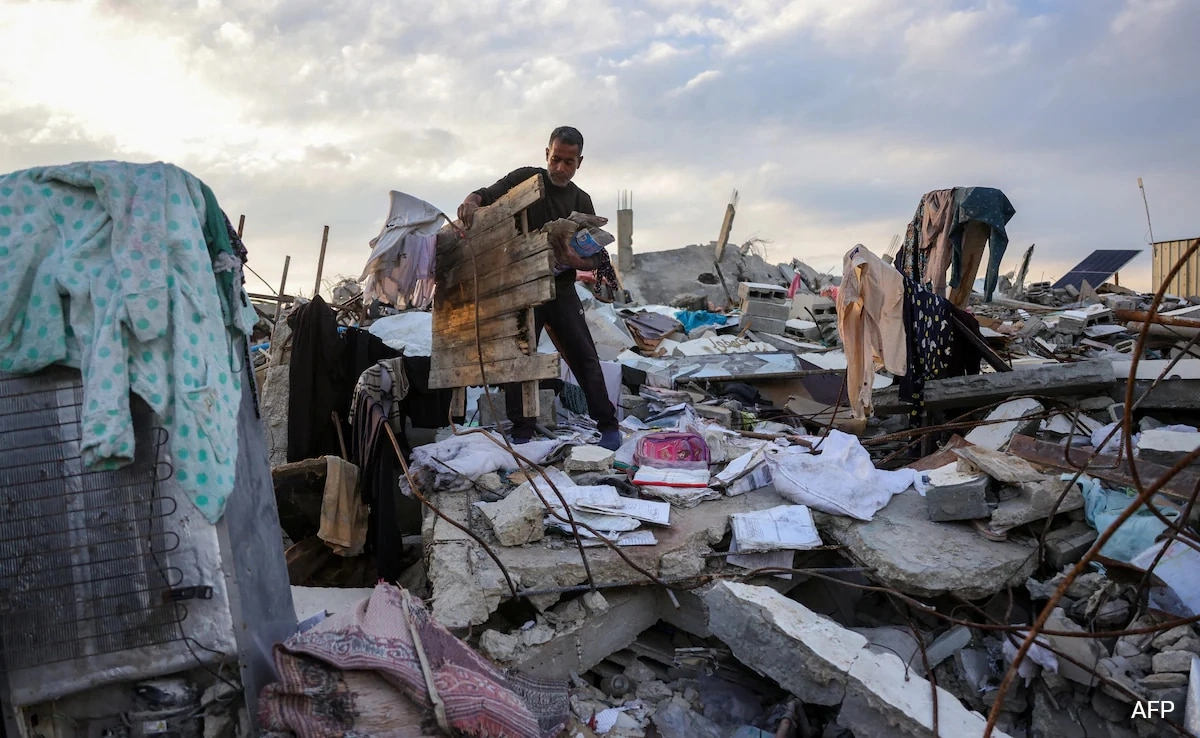Following a significant meeting described as a “10/10” encounter between former President Donald Trump and Russian President Vladimir Putin regarding the ongoing Ukraine conflict, Trump has shifted the responsibility for resolving the crisis to Ukrainian President Volodymyr Zelensky. This declaration underscores Trump’s belief that the resolution of the war largely rests on Zelensky’s actions and decisions moving forward. The implications of this statement open up a broader dialogue about the complexities of international diplomacy and the weight of leadership in times of conflict.
During the meeting, which has drawn considerable attention, Trump and Putin reportedly discussed various strategies and potential outcomes in relation to the war in Ukraine. Trump’s characterization of the meeting as highly productive suggests that he believes a pathway to peace could be negotiated, but he emphasized that it is now up to Zelensky to take the necessary steps. This perspective raises questions about the role of external powers in sovereign conflicts and the extent to which leaders can influence the outcomes beyond their borders.
The dynamics between the U.S., Russia, and Ukraine are further complicated by the varying interests and strategies of each leader. Trump’s remarks reflect a belief in the importance of direct negotiation and communication, particularly between Zelensky and Putin. As the conflict continues to evolve, the international community will be watching closely to see how Zelensky responds to this challenge and whether he can navigate the complex political landscape to safeguard Ukraine’s sovereignty and security. The outcome of these interactions may have lasting implications not just for Ukraine, but for global stability as well.




